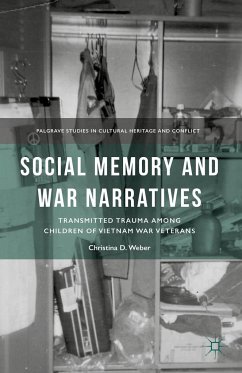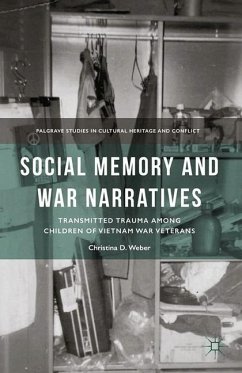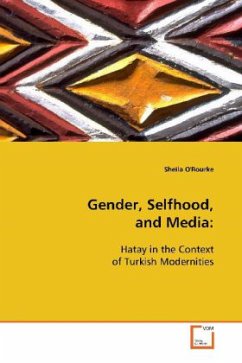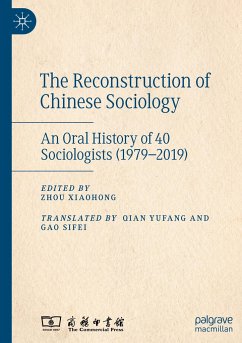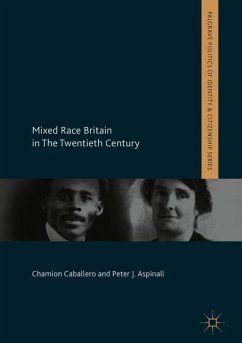
The Role of Memory in the Historiography of Hatay
Strategies of Identity Formation through Memory and History
Versandkostenfrei!
Versandfertig in 6-10 Tagen
39,99 €
inkl. MwSt.

PAYBACK Punkte
20 °P sammeln!
In this book, the possibility of multiple historical narratives as a result of variations in ethnic and religious backgrounds is put forward via an ethnographic study conducted in Hatay. Hatay s annexation to Turkey in 1939 is the end point in a series of events beginning as far back as World War I. Claims of Turks, French and Arabs on the region were accompanied by diplomatic relations at the state level. In the course of these events, the people in Hatay developed unique strategies to engineer the best outcome for themselves. Thus, every group experienced and stored the past in a different m...
In this book, the possibility of multiple historical
narratives as a result of variations in ethnic and
religious backgrounds is put forward via an
ethnographic study conducted in Hatay. Hatay s
annexation to Turkey in 1939 is the end point in a
series of events beginning as far back as World War
I. Claims of Turks, French and Arabs on the region
were accompanied by diplomatic relations at the
state level. In the course of these events, the
people in Hatay developed unique strategies to
engineer the best outcome for themselves. Thus,
every group experienced and stored the past in a
different manner. With the aim of revealing such
variation in memory and interpretations of the past,
oral interviews were conducted with a critical
reading of sources. Juxtaposition of the memories
and the written sources displayed significant
differences in representations of the past. As well
as the nature of the transmission of collective
memories, present social, economic, and political
conditions effected the reconstruction of the past
and the explanations of historical events by groups
or individuals of different ethno-religious
backgrounds resulted in variations.
narratives as a result of variations in ethnic and
religious backgrounds is put forward via an
ethnographic study conducted in Hatay. Hatay s
annexation to Turkey in 1939 is the end point in a
series of events beginning as far back as World War
I. Claims of Turks, French and Arabs on the region
were accompanied by diplomatic relations at the
state level. In the course of these events, the
people in Hatay developed unique strategies to
engineer the best outcome for themselves. Thus,
every group experienced and stored the past in a
different manner. With the aim of revealing such
variation in memory and interpretations of the past,
oral interviews were conducted with a critical
reading of sources. Juxtaposition of the memories
and the written sources displayed significant
differences in representations of the past. As well
as the nature of the transmission of collective
memories, present social, economic, and political
conditions effected the reconstruction of the past
and the explanations of historical events by groups
or individuals of different ethno-religious
backgrounds resulted in variations.



